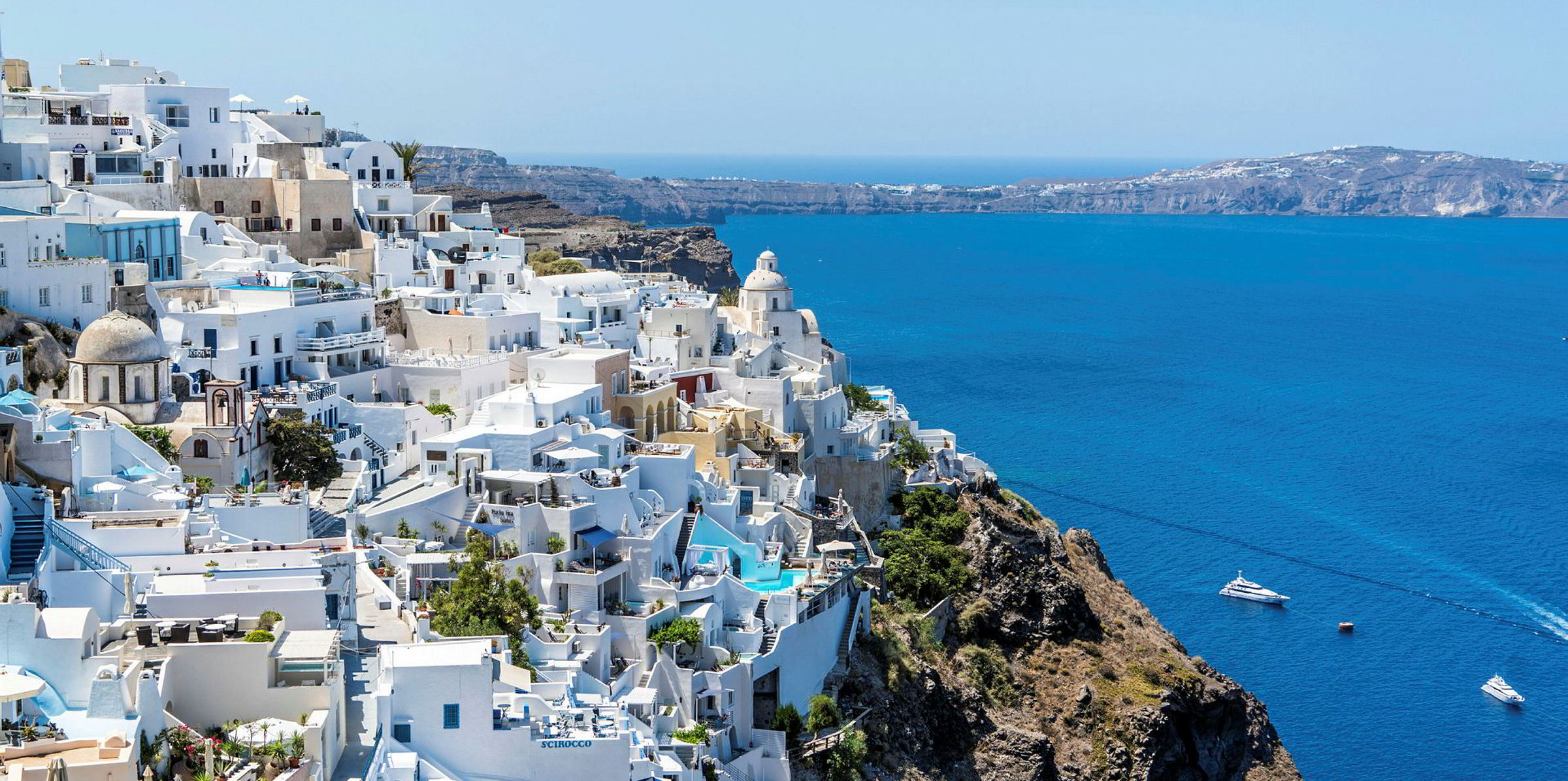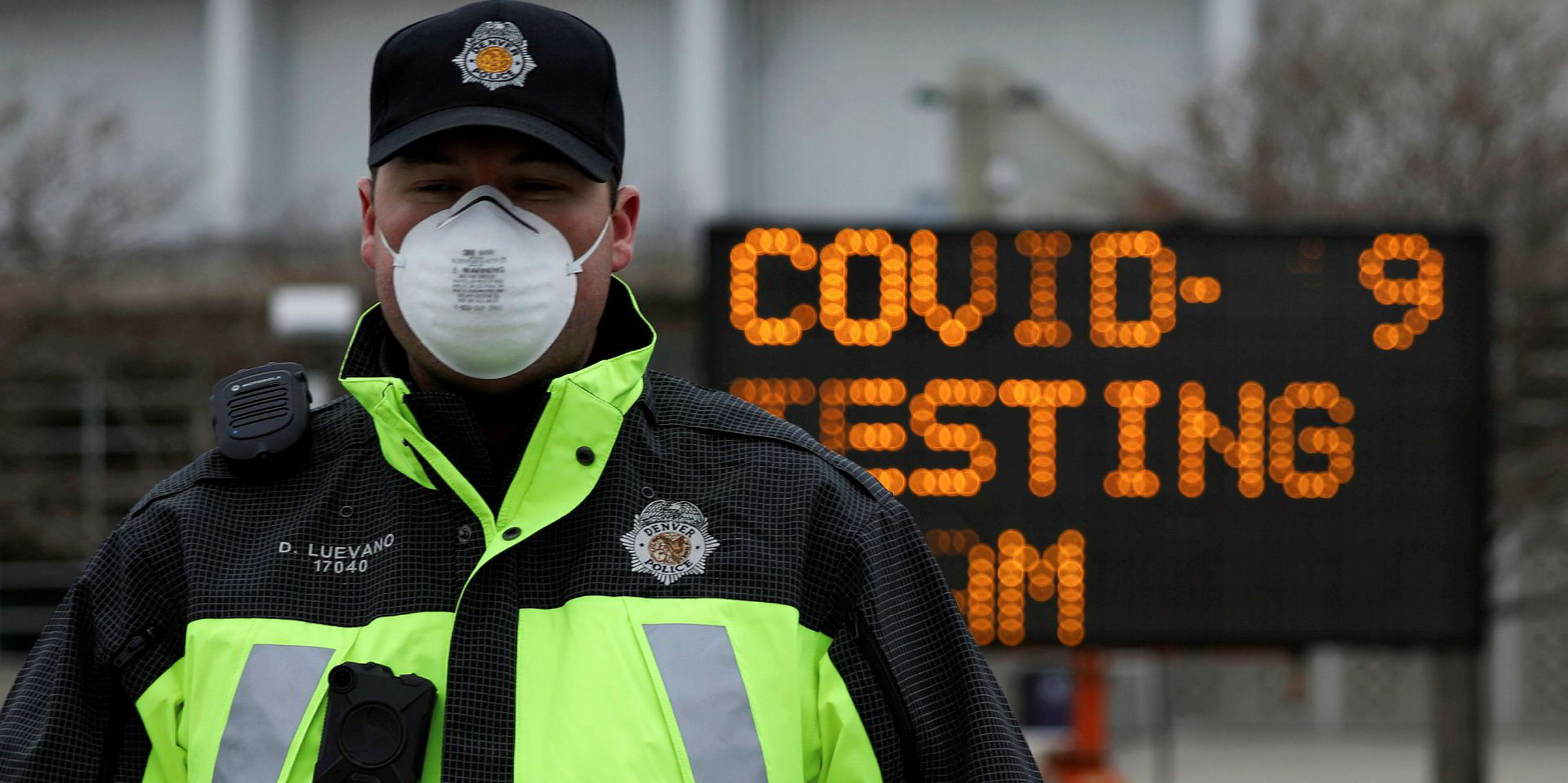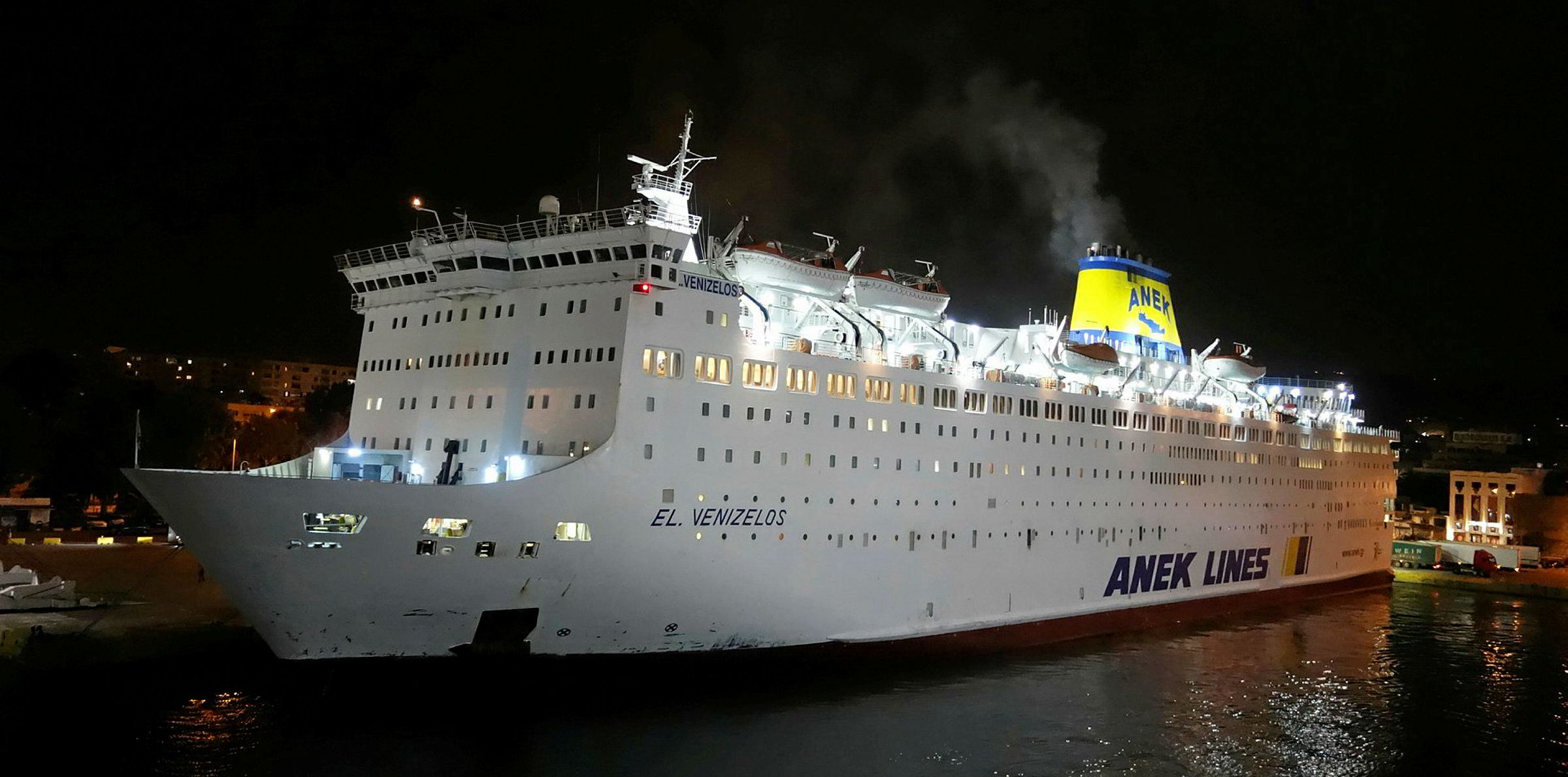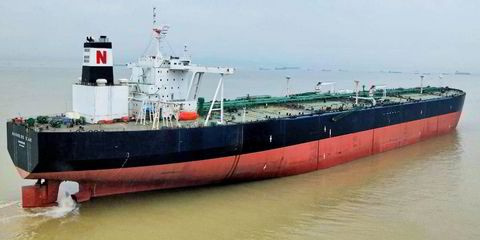Greece has joined the ranks of European governments offering state aid to shipping companies hit by the coronavirus crisis.
The move last Friday came five days after the government imposed a blanket temporary ban on cruise ships and chartered yachts, as well as on all maritime passenger traffic between Greece and Italy. It then turned the screws even tighter, announcing further restrictions on much busier domestic ferry routes.
The government sweetened the pill, however, by including such companies in a €10bn ($10.7bn) stimulus package designed to soften Covid-19's blow on the Greek economy.
Under the scheme, firms that can prove lost revenue and pledge not to fire any employees during the crisis can suspend tax and social security payments for four months. Furthermore, they are eligible to request interest-free, long-term government loans to boost their dwindling cash flows.
Passenger shipping companies are included in a long list of more than 200 business sectors, identified by their tax code, to which the measures apply. Even fringe activities such as prostitution (tax code 96091912) and piercing (tax code 96091917) are covered. Employees in these industries can look forward to receiving €800 in cash to paper over their income losses.
Oceangoing shipping, however, is one of the few economic activities that does not fall under the scheme, because the government is accommodating companies directly and explicitly hit by its anti-Covid-19 measures. Oceangoing shipping, despite the major role it plays in the Greek economy, so far has not been hit.
Rather than asking for help, the Union of Greek Shipowners, which represents the country's oceangoing shipping, said on Friday it has launched a fundraising campaign to provide medical equipment and consumables to state hospitals.
Ferry companies, by contrast, are squeezed: on 20 March, the government told them to allow only commercial trucks and island residents on domestic routes. The measure is aimed at restricting the movement of panic-stricken urbanites who rush to their island holiday homes to flee the spreading coronavirus.
“Seeing ferries as crowded as in the middle of August is just unacceptable,” Sotiris Tsiodras, Greece’s official coronavirus guru, chided the public in a daily, nationally televised briefing on 19 March. "This is not a holiday."
Such behaviour only spreads the disease to remote parts of the country where hospitals may not be equipped to treat a large number of patients, Prime Minister Kyriakos Mitsotakis and health minister Vassilis Kikilias subsequently warned.
Citizens who have already fled to the islands are allowed to return to the mainland.
Greece has so far escaped relatively lightly from the Covid-19 outbreak, with nine dead confirmed as of 20 March.
The Danish government has said it will provide aid to its shipowners to keep them from firing workers. Shipping organisations in Italy and the UK have also asked for help. The European Commission has hinted it will not object to such schemes.
(This article has been changed since its original publication to update the number of Covid-19 victims confirmed dead)







